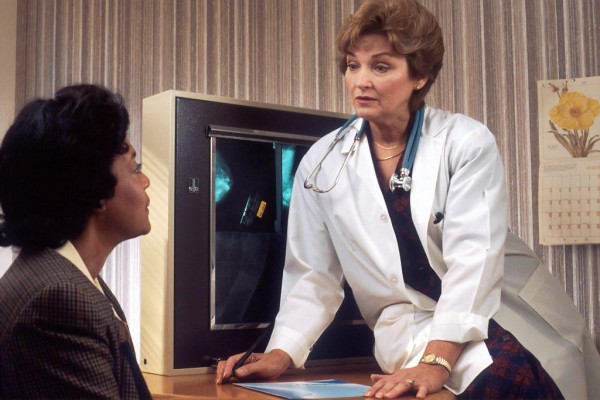Some COVID-19 Patients Are Not Getting Better: Here’s What Medical Centers Are Learning

Major medical centers across the nation are trying to understand why some patients of COVID-19 keep on having symptoms weeks, even up to months from being diagnosed with COVID-19.
For instance, 47-year-old Amy Watson, based on the report of NBC News, is among these patients. She has experienced a fever for over 100 days already.
"It has been maddening," said his Portland, Oregon preschool teacher. Since the middle of Mach, her temperature has risen to up to 101 degrees nearly almost every day by mid-afternoon.
In April, Watson was diagnosed with the virus, roughly one month after her the symptoms, specifically congestion, cough, and extreme fatigue, started.
The said symptoms have progressed into weeks of low-temperature fever and "a burning sensation under the skin," described Watson.
ALSO READ: CDC Updates Its List of COVID-19 Symptoms, Here's the Latest
Searching for Some Answers
The illness of Watson was never severe enough to warrant hospital confinement. Instead, the symptoms she was experiencing seemed to loiter in the background, never completely resolving, and this made her wonder.
But doctors have had few answers for her. The teacher said her doctor had been a good listener to her. The doctor, she explained, "does not have so many ideas," when it comes to fixing what's wrong.
However, she continued, there is a growing initiative among health care providers not just to hear their patients out, but also find some ways to help them.
Physical therapist David Putrino, who is also an assistant professor at the Mount Sinai Health System, said, doctors, should not disregard an individual's experience, specifically in the case of such an illness "that we know next to nothing about."
This, Putrino added, is a very real circumstance or situation. A week ago, the Centers for Disease Control and Prevention and the World Health Organization recognized too. Such reports said they are working further to understand the recovery phase of the disease.
In relation to this, Putrino and his colleagues at Mount Sinai said, they have already started monitoring COVID-19 patients. The latter encounter a milder yet enduring form of the said infection at home.
DON'T MISS THIS: "Something's Not Working" | COVID-19 Task Force Considers New Testing Strategy
Why Patients are not Getting Any Better
According to a lung specialist, Dr. Jessica Dine, at Penn Medical Center in Philadelphia, she started to notice a subcategory of patients of COVID-19 whose symptoms stayed long after they were diagnosed.
It's a good thing, she said, there is a hospital program entitled "COVID Watch." This is a "texting service" that provides daily check-ins with patients of COVID-19 at home.
Currently, Dine, also the advanced consultative pulmonary division director at Penn Medicine, collaborates with the said patients to further understand their disease.
Specifically, her team begins ruling out some apparent causes of prolonged symptoms. The first thing to do, she elaborated, "Is to ensure there is something new going on," and that they are not missing a single thing.
She also put emphasis on the "secondary contagion" as a complication of COVID-19 or a particular side effect of treatment as the one that could possibly be missing.
Furthermore, if Dine and her team could rule out other causes, they came up with two hypotheses for the occurrence. The first hypothesis is that it is probable that the infection that cannot be detected through testing is still somewhere within the patient's body.
Then, the second hypothesis is that infection is no longer within the body. However, the patient is still encountering what's considered a "post-viral inflammatory syndrome" in which the body's immune system stays "revved up" even if the virus has gone away.
What's needed now, Dine explained, is more research to explain further where such symptoms are coming from. One theory linked to this is that the inflammation in which COVID-19 triggered impairs the automatic nervous system, which impact functions medicine experts do not consciously think about, like sweating, heart rate, and blood pressure, among others.
IN CASE YOU MISS THIS: Sanofi Fast-Tracks Timeline for Development of COVID-19 Vaccine
Jun 29, 2020 08:30 AM EDT





